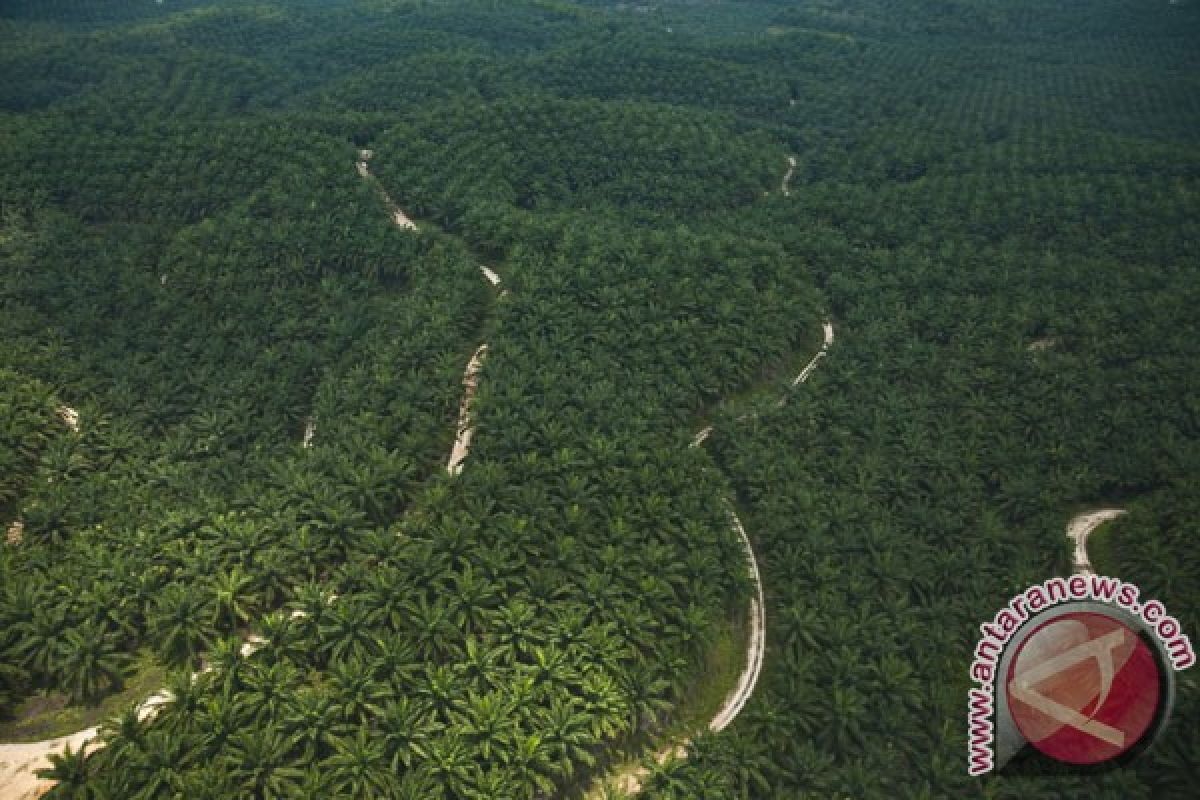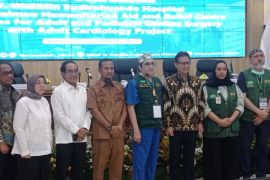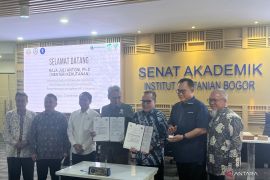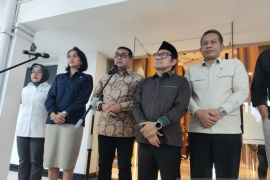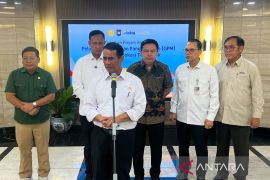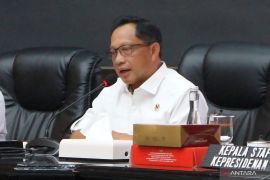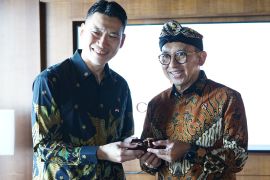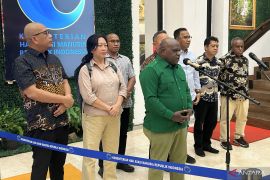"There were at least three things that underlie the need for strengthening the national palm oil diplomacy," Director of Trade, Commodities and Intellectual Property, Ministry of Foreign Affairs, Tri Purnajaya, said in a statement from Foreign Ministry here on Sunday.
The first, Purnajaya noted, currently palm oil is Indonesia`s largest export commodity. In 2017 alone, the total export value of palm oil and its derivatives reached Rp. 309.15 trillion, far exceeding other national export commodities.
The second, as a new and renewable energy source, the palm oil industry can be categorized as a strategic industry.
Government programs related to the application of 20 percent Biodiesel will greatly help create national energy security, Purnajaya remarked.
"The third, the labor force absorbed by the palm oil industry is growing continuously," Purnajaya stated.
So far, 17.5 million workers, including farmers, have been absorbed by the national palm oil industry and it is estimated that this number will continue to grow along with the growth of the Indonesian palm oil industry.
These three things show the importance of the role of palm oil in achieving SDGs, the fulfillment of world food, and supporting the improvement of the welfare of smallholder palm oil farmers.
However, the industry that has contributed greatly to the national economy is now under threats of global pressure.
"Attacks on Indonesian palm oil can be grouped into three categories, namely negative campaigns, discriminatory treatment of palm oil, and trade barriers in the form of tariffs and non-tariffs," Purnajaya said.
The most recent development is the planned implementation of the Renewable Energy Directive II (RED II) by the European Union which essentially will limit the use of vegetable oil-based biodiesel which is considered to have a risk of environmental damage.
It is suspected that RED II is only a pretext to limit the entry of palm oil products into Europe in order to protect vegetable oil, especially rapeseed which is produced by European Union member countries.
The Ministry of Foreign Affairs will not remain idle facing the barrage of attacks faced by the national palm oil industry.
"But the involvement of other stakeholders is absolutely necessary," Purnajaya said.
In this case, Purnajaya noted, strengthening of palm oil diplomacy needs to be counterbalanced with domestic improvements.
Reporting by Azis Kurmala
Editing by Bustanuddin
Reporter: antara
Editor: Heru Purwanto
Copyright © ANTARA 2018
